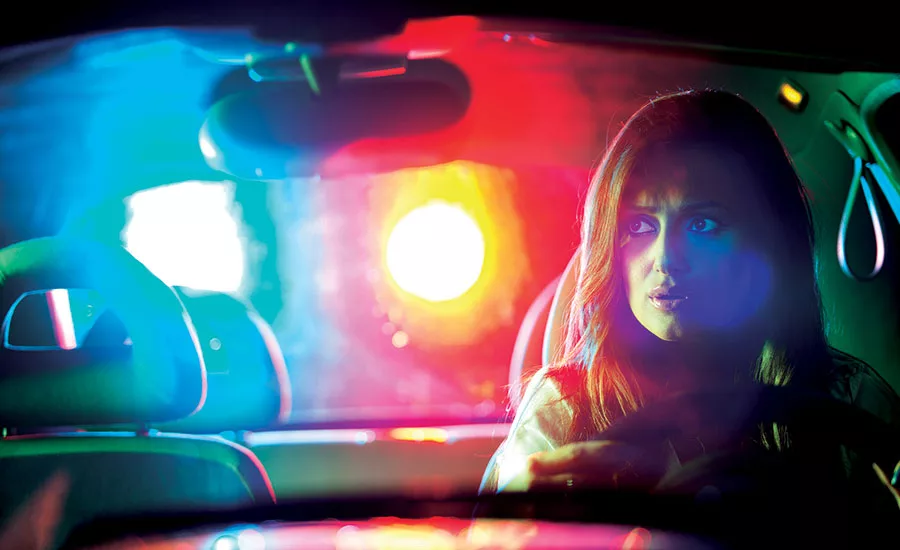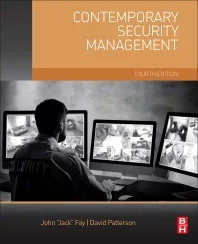Interacting with Security 101

If you’ve ever been a parent to a teenage child, you may believe that teaching your child to show respect for authority figures is crucial to maintain relationships. Respecting people implies acknowledgement of their existence and is a way of being good and kind to others. When someone has respect for others, he/she treats them in the same way he would want to be treated, right?
In Texas, state lawmakers are concerned enough about how teenagers act with authority figures, such as police and security, that they have proposed legislation to teach teenage drivers how to interact with police officers when they are pulled over while driving or other interactions. Texas Senate Bill 30, which now goes to the House, has the goal to avoid or defuse confrontations, such as deadly encounters between law enforcement and civilians seen in recent years throughout the entire country. In Texas specifically, the legislation comes after the high-profile case of Sandra Bland, an Illinois woman arrested in Waller County, Texas, after a traffic stop, whose videotaped confrontation with an officer became national news after she was found hanged to death in her jail cell.
The legislation also requires similar information to be given to officers during police academy training and continuing education courses so both sides of an encounter have a better understanding of their duties and expectations.
“This is not the silver bullet that will impact the entire relationship between law enforcement and citizens, but it’s a step in the right direction,” said State Sen. Royce West, D-Dallas, one of the measure’s authors. He added: “We need to have a serious conversation about what are the rules, and those rules should be placed into a driver’s license manual and just kind of think about it; it just makes sense, but that’s the best place to deliver that information as well as our schools.”
Under the bill, the State Board of Education and the Texas Commission on Law Enforcement would work together to establish instruction on interacting with law enforcement for students in grades 9-12 and a civilian interaction training program for peace officers. Driver education and safety courses also would include instruction on what to do during traffic stops.
All three will be taught the same things, including the responsibility and duties of law enforcement, a person’s rights during an interaction, proper behavior for each party involved and how to file a complaint against an officer.
Local school boards would have a say in what their students learn, said Sen. John Whitmire, D-Houston. Urban and rural communities may have different perspectives on what their students should learn, he said.
Reaction to the legislation has been mixed: Many lawmakers – and Texas Lt. Gov. Dan Patrick – support the bill. Support specifically has come from the Sheriffs’ Association of Texas, NAACP, Texas Municipal League, Mexican American Legal Defense and Educational Fund and representatives from the Austin and Dallas police departments.
“Knowledge is power, and anytime we give knowledge to our youth, we have a good opportunity to get positive results,” said Eric Carr, president of the Afro-American Police Officers’ League in Houston. “I can tell you that if we know better, we can do better, on the law enforcement side and on the citizen side,” Carr added. “If we can educate our youth, educate our community, we have a better opportunity to have positive results instead of the tragedies we have seen in the past.”
Opponents, however, say the proposals are common sense, with respect towards police and security being taught at home.
What are your thoughts? Would you welcome training such as this in your enterprise, especially teaching your security officers how to interact with young adults? Or perhaps you already have specific training such as this in place. Or, is this something that needs to be taught at home, and not involve an outside source? I’d like to know. Please contact me at ritcheyd@bnpmedia.com
Looking for a reprint of this article?
From high-res PDFs to custom plaques, order your copy today!






